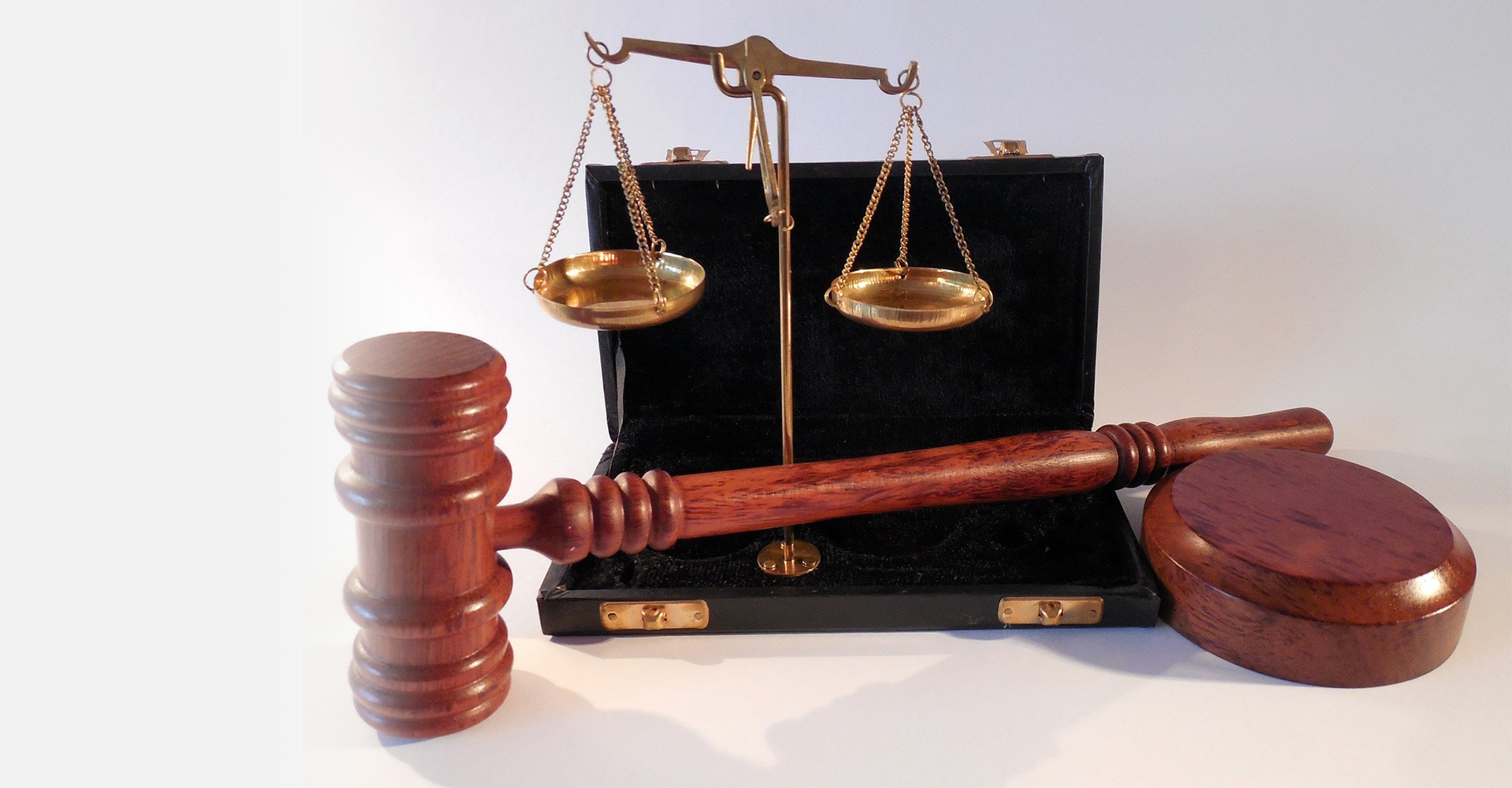Trends for anti-kickback prosecutions in 2020.
In the past few years, the Government’s appetite for anti-kickback prosecutions has grown steadily. There are seemingly no cheat days and Gluten free and vegan options are not part of the menu. It is a pure unadulterated push to increase anti-kickback prosecutions and deter and punish as many bad actors that violate the anti-kickback statute as possible.
Many clients, whether they be doctors, pharmacists, pharmacy owners, marketers, nurses, or Joe Schmo who just transitioned from real estate to selling compounded cream are spared no mercy and are frequently subject to anti-kickback prosecutions.
Many of the ongoing or past Government anti-kickback prosecutions relate to compounding pharmacies, telemedicine arrangements, and what the Government continues to view as illegal marketing arrangements. In fact, it is not much of a stretch to say that the Government views pretty much all marketing as quasi-violative of the Anti-Kickback statute.
Here are some items to continue to look out for in 2020 in Anti-Kickback prosecutions
One. The compounding pharmacy cases and Tricare based cases will migrate more into private payer and other payer AKS cases. For example, the Government has now prosecuted numerous individuals for kickbacks in connection with the Office of Workers Compensation (OWCP) program which administers benefits under the Federal Employee Compensation Act (FECA) which is an Act from 1916. Many of those cases involve over the counter specialty creams and lotions which were unavailable at big box pharmacies. As the clients shift to other payers for products, the Government naturally shifts with them and has taken the position (and will continue to do so) that there is some statute, even if it is not the AKS, that they can use as a hammer to prosecute this conduct.
Two. Relatedly, you will see more Department of Labor and more Office of Personnel and Management (OPM) based investigations into kickback violations. We will also continue to see more telemedicine focused prosecutions. Anticipate seeing defenses such as advice of counsel in those cases (more about this below at 6).
Three. Hospital and laboratory schemes relating to rural hospitals and the use of “reference labs” to refer blood and urine specimens to rural hospitals for testing. It is already well publicized that certain hospitals were mismanaged, run into the ground, and that Blue Cross Blue Shield was left with an enormous tab to pay as a result of some of the lab billing.
Four. Probation officers and judges will continue to grapple with the interpretation of U.S.S.G. Section 2B4.1 and what the term “improper benefit conferred” means in the context of health care cases since that Guideline was promulgated to address commercial bribery schemes (e.g. NCAA point shaving) which are distinct from health care AKS cases. Indeed, it is time for the Sentencing Commission to possibly reconsider and to promulgate a new Guideline to specifically address this complex, multi-faceted statute.
Five. Courts and the parties will continue to grapple with restitution in AKS cases. Restitution is not mandatory for substantive violations of the AKS. How should it function in 371 conspiracies? How should the court calculate restitution when there is an issue about the medical necessity of the services? Whose burden is it to put on evidence of medical necessity if the ultimate burden rests with the government to demonstrate that restitution is owed and that a victim suffered a loss?
Six. The Government in preparation at any trial will introduce program experts, and they will take especially aggressive measures to guard against the possibility of any advice of counsel defense. Indeed, the advice of counsel defense is a common defense in the AKS realm. The Government’s pre-trial litigation history on this issue also confirms that it is the Government’s Achilles heel. They cannot afford to have attorneys, or their clients, tell a jury that the attorney said this arrangement was OK. To them, that is an unacceptable proposition and a roadmap to a potential loss. In their view, it is also intended to be a narrow defense. I agree.
Seven. Equally as disenchanting, the Government’s position on the employee safe-harbor to the Anti-Kickbacks statute is essentially no position at all (more about this later). This theme will run throughout AKS prosecutions. The Government’s position, in certain circumstances, is that the safe-harbor and the statutory exception to the AKS only protect employment relationships where the employment is for furnishing a covered service. Put differently, sales and marketing are never (and never have been) covered services. So, if you are an employee paid a commission or a per test or per click compensation, then the safe harbor isn’t so safe because although what you are marketing may be a covered service (DME, medications, lab tests, etc.), you are not personally furnishing that service. Scary but real.
Eight. Hopefully, more trials. Even though Eliminating Kickbacks in Recovery Act (EKRA) bumped up the penalty to 10 years for a substantive anti-kickback offense (paying or receiving kickbacks) for offenses occurring on or after November of 2018, any offense occurring before that and any conspiracy under 371 to commit a kickback offense is capped at 5 years meaning no court could ever punish that person, if convicted, with a sentence of more than 5 years. For this reason, when the amounts are high ($1.5 Million or more), it is likely we will see more trials.
Author: Andrew Feldman
Mr. Feldman represents professionals, corporations, health care providers, and health care marketers in government investigations and prosecutions throughout the United States. Mr. Feldman works tirelessly for his clients from the time an investigation begins until the time a jury renders a verdict.



Add a Comment